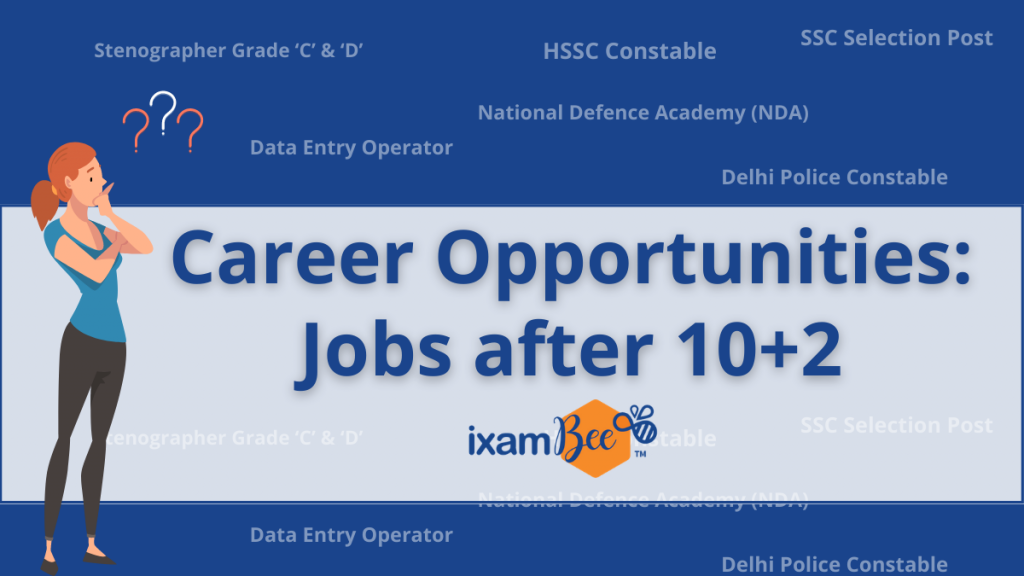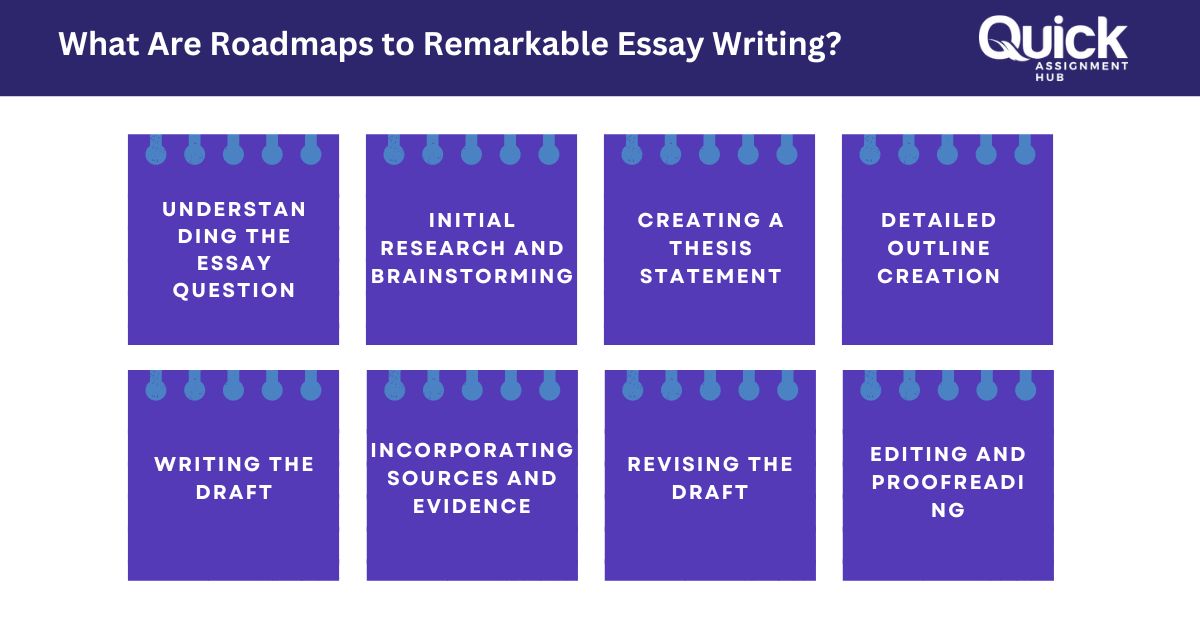How to Prepare for Government Exams After 12th: Tips and Resources

The allure of government jobs in India is undeniable. With stability, job security, and numerous benefits, government jobs after 12th are a popular career choice among students. However, the path to landing these jobs is not easy and requires thorough preparation, dedication, and a well-planned strategy. If you’re a 12th-grade graduate looking to enter the world of government jobs, this guide will provide you with practical tips and resources to help you prepare effectively.
Understanding the Landscape: Government Jobs After 12th
Government jobs after 12th span various sectors, including banking, railways, defense, public sector units (PSUs), and more. The options range from clerical positions to roles in paramilitary forces. Some popular government exams that students can appear for after completing their 12th grade include:
Staff Selection Commission (SSC) Exams: SSC conducts several exams such as SSC CHSL (Combined Higher Secondary Level), SSC GD (General Duty), and others for positions like Lower Division Clerk (LDC), Postal Assistant (PA), Data Entry Operator (DEO), and constables.
Railway Recruitment Board (RRB) Exams: RRB offers various job opportunities in the Indian Railways through exams like RRB Group D and RRB NTPC for positions like Track Maintainer, Helper, Goods Guard, and Clerk.
Defense Exams: Exams like the National Defence Academy (NDA) and Indian Navy SSR (Senior Secondary Recruits) are conducted for students who want to serve in the Indian Armed Forces.
State Government Exams: Each state conducts its own exams for recruitment into various state-level departments like Police, Forest, Revenue, and more.
Bank Exams: While most bank exams require a graduate degree, some banks recruit 12th pass candidates for clerical positions, especially in rural areas.
With a plethora of options available, the first step is to identify which government job aligns with your interest, skills, and long-term career goals.
Step-by-Step Guide to Preparing for Government Exams After 12th
Preparing for government exams requires a structured approach. Here’s a step-by-step guide to help you get started:
1. Understand the Exam Pattern and Syllabus
The first and foremost step is to understand the exam pattern and syllabus of the exam you are targeting. Different exams have different structures, and knowing them will help you prepare accordingly. For example:
SSC CHSL consists of sections like General Intelligence, Quantitative Aptitude, English Language, and General Awareness.
NDA Exam includes Mathematics and General Ability Test (which covers English, General Knowledge, Physics, Chemistry, General Science, History, Geography, and Current Events).
Understanding the syllabus will help you know what subjects to focus on, which topics carry more weight, and what type of questions are frequently asked.
2. Create a Study Plan
Once you have a good understanding of the syllabus, create a study plan that covers all topics. Allocate specific hours each day for different subjects and stick to your timetable. Your study plan should be realistic and flexible. Here are some tips to create an effective study plan:
Set Daily, Weekly, and Monthly Goals: Break down your syllabus into smaller segments and set achievable goals.
Prioritize Difficult Topics: Start with subjects or topics that you find challenging. This will give you more time to understand and practice them.
Include Revision Time: Regular revision is crucial. Allocate at least 1-2 hours a day for revising what you have studied.
Mock Tests and Previous Papers: Include time for solving previous years’ question papers and taking mock tests. This will help you understand the exam pattern and manage time efficiently during the actual exam.
3. Gather the Right Study Materials
Choosing the right study materials is essential for effective preparation. Depending on the exam, here are some recommended resources:
- For SSC CHSL and RRB Exams:
Books: “Quantitative Aptitude for Competitive Examinations” by R.S. Aggarwal, “A Modern Approach to Verbal and Non-Verbal Reasoning” by R.S. Aggarwal, “Lucent’s General Knowledge,” and “Objective General English” by S.P. Bakshi.
Online Resources: Website like ixamBee provide quality content, practice tests, and study materials.
- For NDA Exam:
Books: “Mathematics for NDA and NA” by R.S. Aggarwal, “Pathfinder for NDA & NA” by Arihant, and “General Knowledge” by Manohar Pandey.
Online Resources: Website like Khan Academy offer free and paid courses specifically for NDA preparation.
- For State Government Exams:
Books: Refer to state board books for the General Knowledge section and other subject-specific books as per the syllabus.
Online Resources: Websites like ixamBee provide valuable content and practice material.
4. Focus on Time Management
Time management is one of the most critical factors in the success of any competitive exam. Here are some tips to manage your time effectively:
Practice with Timers: When solving mock tests or practice papers, use a timer to simulate exam conditions. This will help you learn to manage time efficiently.
Set Deadlines: For each topic or section, set a deadline. Stick to it strictly, so you don’t fall behind.
Avoid Procrastination: Consistency is key. Stick to your study plan and avoid unnecessary delays.
5. Strengthen Your Basics
The foundation of most government exams lies in basic concepts of Mathematics, English, and General Awareness. Make sure you have a strong grasp of these basics:
Mathematics: Practice solving problems related to Arithmetic, Algebra, Geometry, and Data Interpretation. Focus on shortcuts and tricks for quicker calculations.
English Language: Enhance your grammar, vocabulary, comprehension skills, and writing abilities. Read newspapers, books, and online articles regularly.
General Awareness: Stay updated with current affairs, especially topics related to national and international events, sports, politics, and history. Reading newspapers like ‘The Hindu’ and ‘Indian Express’ can be very helpful.
6. Take Regular Mock Tests and Analyze Your Performance
Mock tests are an integral part of government exam preparation. They help in understanding the exam pattern, improving time management skills, and identifying weak areas. After taking a mock test:
Analyze Your Performance: Review your answers and understand where you went wrong.
Identify Weak Areas: Focus on topics or sections where you scored low and dedicate extra time to improving them.
Improve Accuracy and Speed: Regular practice will help you answer questions more accurately and quickly.
7. Join a Coaching Institute or Online Course (If Needed)
While self-study is important, some students may benefit from additional guidance. Coaching institutes and online courses provide structured study material, experienced mentors, and regular mock tests. However, this is optional and depends on your personal preference and ability to self-study.
8. Stay Motivated and Take Care of Your Health
|The preparation journey for government exams can be long and tiring. Staying motivated and taking care of your health is crucial:
Set Realistic Expectations: Understand that success may take time and require multiple attempts. Stay positive and focused.
Stay Physically Active: Regular exercise, yoga, or meditation can help you stay healthy and reduce stress.
Maintain a Balanced Diet: A healthy diet ensures you have the energy and concentration needed for long study hours.
9. Stay Updated with Notifications
Keep track of all important dates related to the exam, including application deadlines, admit card releases, and exam dates. Regularly check the official websites and sign up for alerts on educational portals to stay updated.
10. Use Mobile Apps and Digital Platforms
In today’s digital era, mobile apps can be highly beneficial for government exam preparation. Some popular apps for competitive exams include:
ixamBee: Offers quizzes, mock tests, and live classes for SSC, RRB, NDA, and other exams.
Testbook: Provides mock tests, online courses, and study materials.
Adda247: Offers live classes, quizzes, and test series for various exams.
Unacademy: A popular platform offering free and paid courses, mock tests, and live sessions.
Conclusion
Securing a government job after 12th is a goal for many, but it requires proper planning, dedication, and hard work. Start by choosing the right exam, understanding the syllabus, and creating a well-structured study plan. Use the right resources, practice regularly, and stay updated with current affairs. Remember, consistency is the key to cracking any government exam. Stay focused, stay healthy, and give it your best shot.
Also read 5 Great Tips For Landing Government Jobs After Graduation










